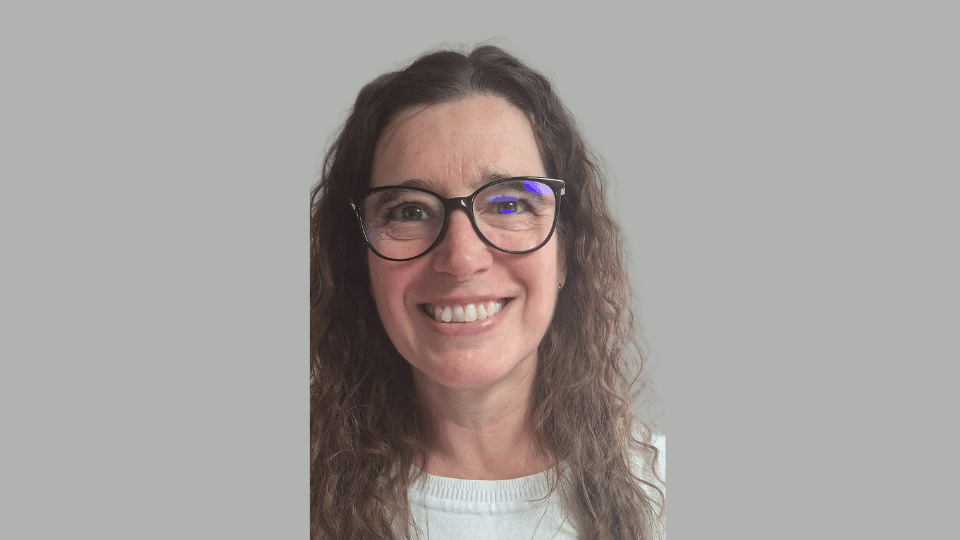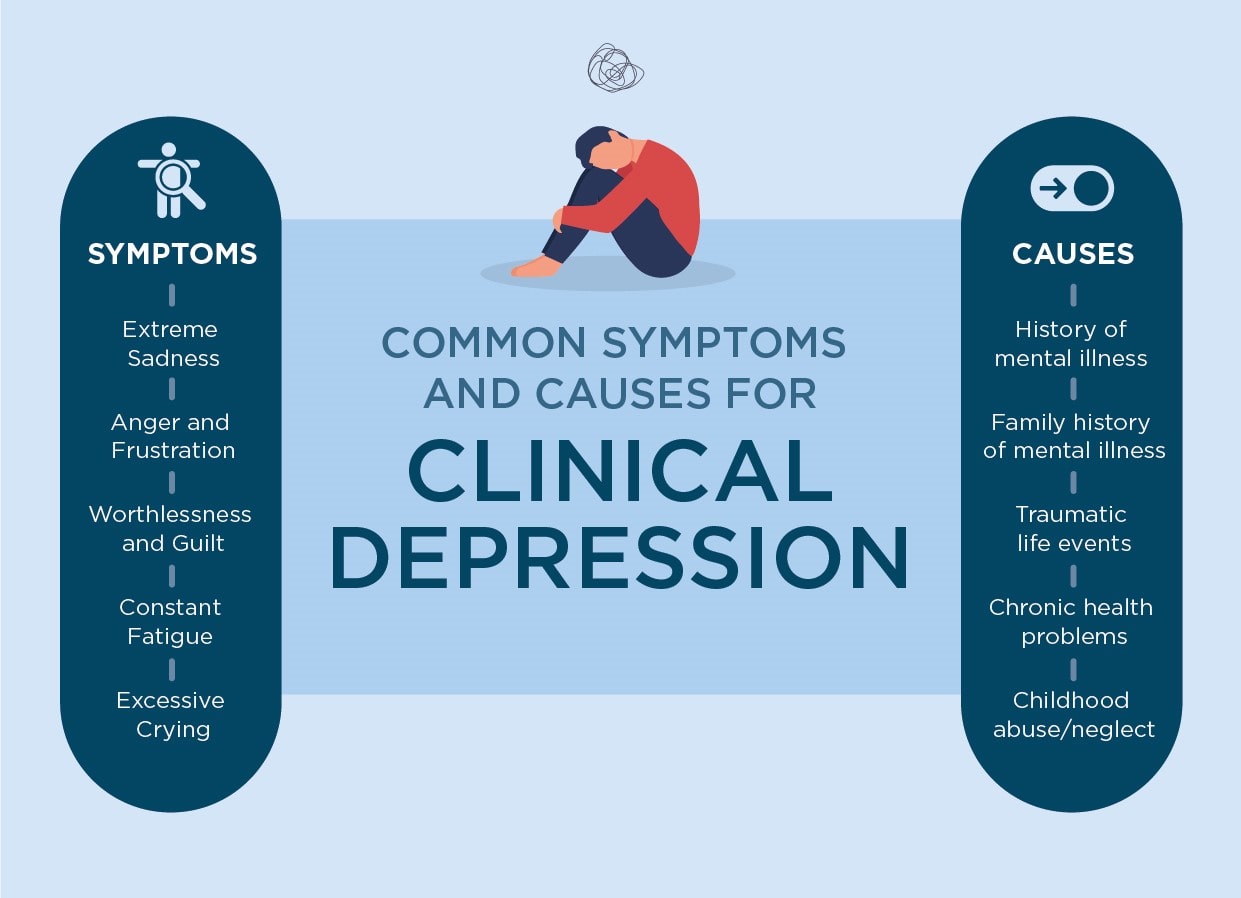Clinical depression: symptoms, causes and treatment
Clinical depression can make daily life feel impossible, but recognising the symptoms is the first step toward recovery.
Take control of your mental health with Priory's expert-led treatments for clinical depression, designed to help you regain your sense of self and wellbeing.








